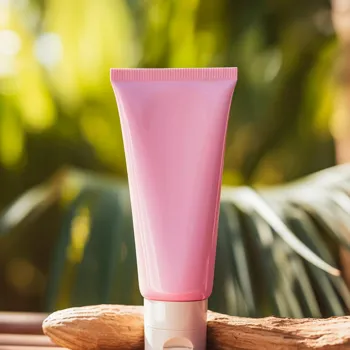Unlock the secrets to sun protection in India! Why sunscreen is a year-round must-have for your skin. Read more to stay safe under the sun!
Hello readers! It's your friendly neighborhood news source, here
to talk about something super important for all of us, regardless of season: sunscreen! Yes, you heard right. It's not just for those scorching summer months in Delhi or those beach vacations in Goa.
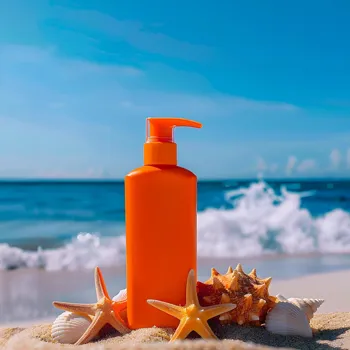
Sunscreen is a year-round essential, especially given the strong sun we experience here in India. We know, we know, layering up with sunscreen every single day can feel like a chore. But trust us, your skin will thank you for it in the long run.
Think of it as an investment in your skin's health, like brushing your teeth or drinking enough water. So, let's dive into the world of sunscreens and understand how to choose the right one and use it effectively to keep our skin protected from the harmful effects of the sun.
Sunscreen crucial due to skin damage from UV rays indoors too; use daily
Alright, so why is sunscreen so important, you ask? Well, the sun emits harmful ultraviolet (UV) rays, namely UVA and UVB rays. These rays can cause a whole host of skin problems, from premature aging (think wrinkles, age spots, and sagging skin) to sunburns (ouch!).
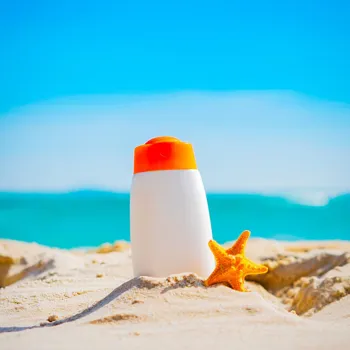
But the most serious consequence of sun exposure is, of course, skin cancer. And guess what? You're exposed to these rays even on cloudy days! That's right; clouds don't offer complete protection. In fact, they can sometimes even amplify the UV rays.
Don't think just sitting inside during the day will protect you! Sunlight seeping from glass windows of your house also causes a huge amount of damage to the skin.
Think of wearing sunscreen as protection not just from the sun, but also the light through windows, especially when our work-from-home is very high, it is important to cover ourselves with sunscreen. So, incorporating sunscreen into your daily routine is a must.
Spf measures uvb protection, spf 30 is recommended
Now, let's talk about SPF. You've probably seen those numbers on sunscreen bottles - SPF 30, SPF 50, and so on. SPF stands for Sun Protection Factor, and it measures how well the sunscreen protects you from UVB rays, which are the primary cause of sunburn. But here's the deal: SPF isn't linear.
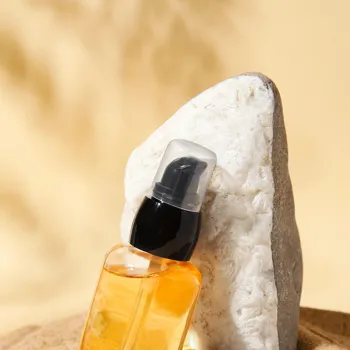
What we mean is, SPF 30 blocks about 97% of UVB rays, while SPF 50 blocks about 98%. So, while SPF 50 offers slightly more protection, it's not a huge difference. Dermatologists generally recommend using a sunscreen with an SPF of at least 30.
And remember, SPF only measures protection against UVB rays. To protect yourself from UVA rays, look for sunscreens that are labeled "broad spectrum." This means they protect against both UVA and UVB rays.
Choose mineral or chemical sunscreen based on skin type and preference
Choosing the right sunscreen can seem daunting with so many options available in the market. But don't worry, we're here to simplify things. Basically, there are two main types of sunscreens: mineral and chemical.
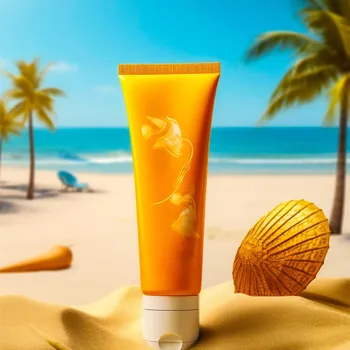
Mineral sunscreens, also known as physical sunscreens, contain mineral ingredients like zinc oxide and titanium dioxide. These minerals create a physical barrier on the skin that reflects UV rays.
They're generally considered to be gentler on the skin and are a good option for people with sensitive skin. Chemical sunscreens, on the other hand, contain chemical filters that absorb UV rays. They tend to be lighter and easier to blend into the skin.
Ultimately, the best sunscreen is the one you'll actually use consistently. So, choose a formula that you like the feel of and that fits into your lifestyle. Take advice of dermatologists if you have excessive allergic reactions and sensitive skin.
Apply sunscreen generously every 2 hours for effective sun protection
Alright, so you've got your sunscreen. Now, how do you use it effectively? Here's where many people go wrong. The key is to apply it generously and evenly. Most adults need about one ounce (that's about a shot glass full) to cover their entire body.
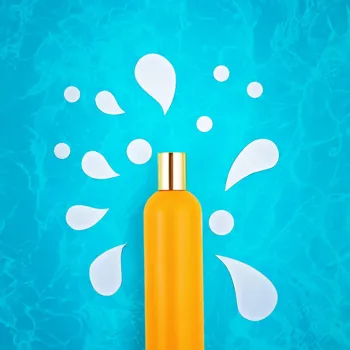
Don't forget often-missed spots like your ears, the back of your neck, and the tops of your feet. Apply sunscreen 15-30 minutes before heading outdoors to allow it to absorb into your skin. And here's the most important part: reapply every two hours, or more often if you're swimming or sweating.
Even water-resistant sunscreens need to be reapplied regularly. We cannot stress enough on the reapplication part. Most people apply at the beginning of the day and forget about it. Sunscreen wears out with time and sweating.
If you wear makeup, reapply sunscreen with a powder sunscreen or a spray sunscreen. Reapplication is key to protecting yourself from the sun.
Protect skin from sun: seek shade, wear protective clothing, sunglasses, use fresh sunscreen
Beyond sunscreen, there are other ways to protect yourself from the sun's harmful rays. Seek shade, especially during the peak hours of the day (usually between 10 a.m. and 4 p.m.). Wear protective clothing, such as long sleeves, pants, a wide-brimmed hat, and sunglasses.
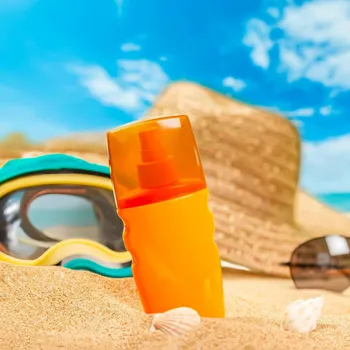
The color clothes also matter- darker clothes provide more protection compared to the lighter colored ones. Sunglasses are a must! They protect your eyes from UV damage, which can lead to cataracts and other eye problems. Also ensure you are not using expired sunscreen.
Expired sunscreens provide reduced UV protection. Check the expiry date on the sunscreen and dispose it, and purchase a new one in case it has crossed the expiry date. These simple steps can go a long way in keeping your skin healthy and protected.
So, make sunscreen a part of your daily routine, and enjoy the sun safely!
Sunscreen is essential for healthy skin
Sunscreen is your skin's best friend and is a small step which can help you achieve your skin goals. Do not deprive your skin of this shield.
